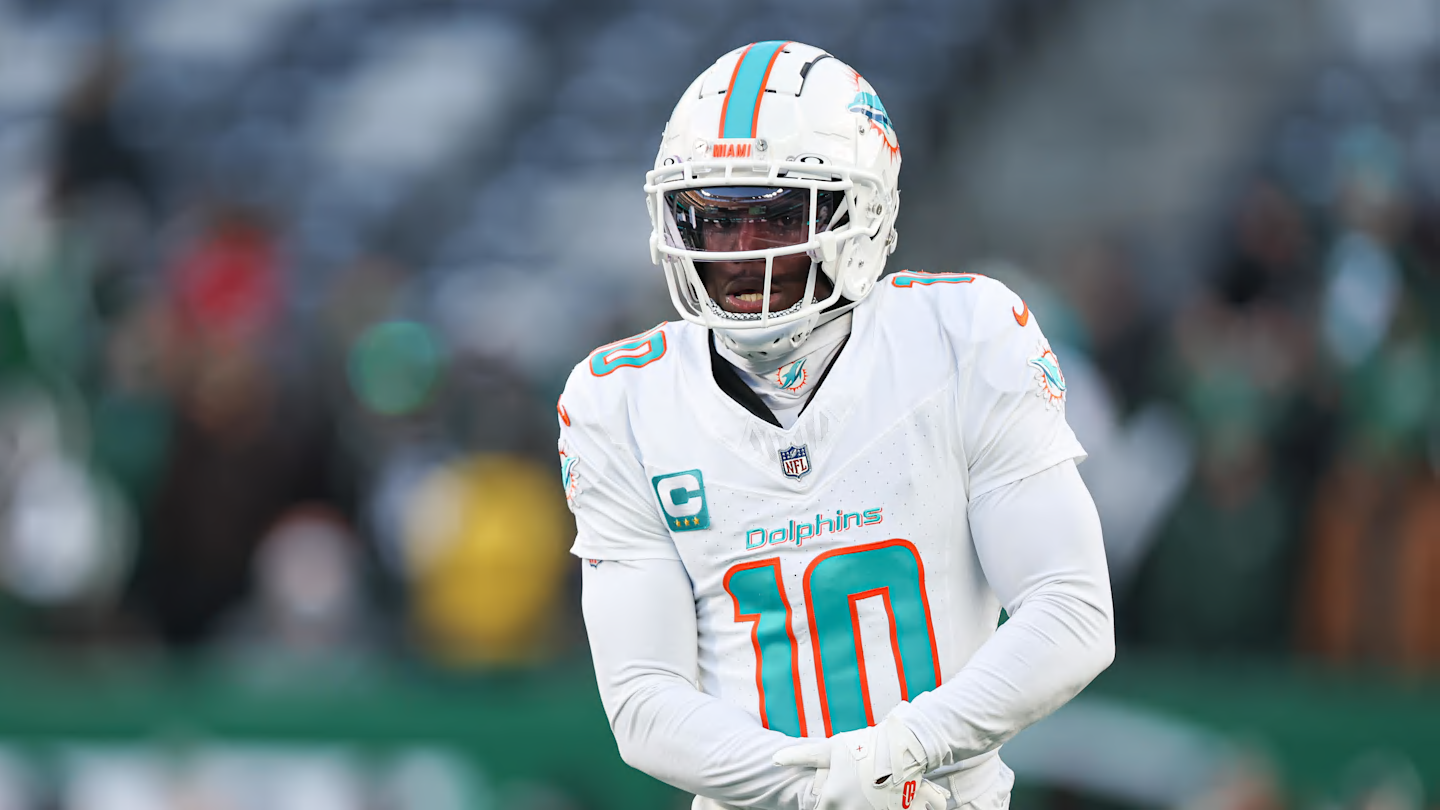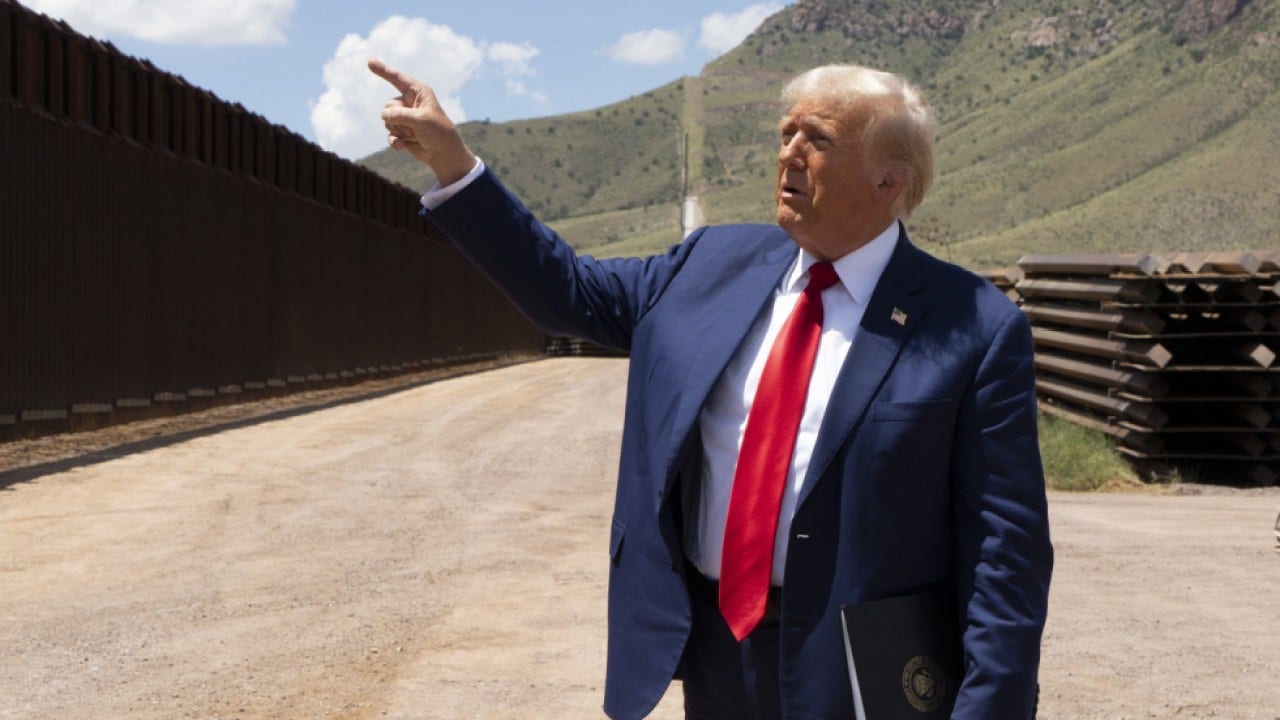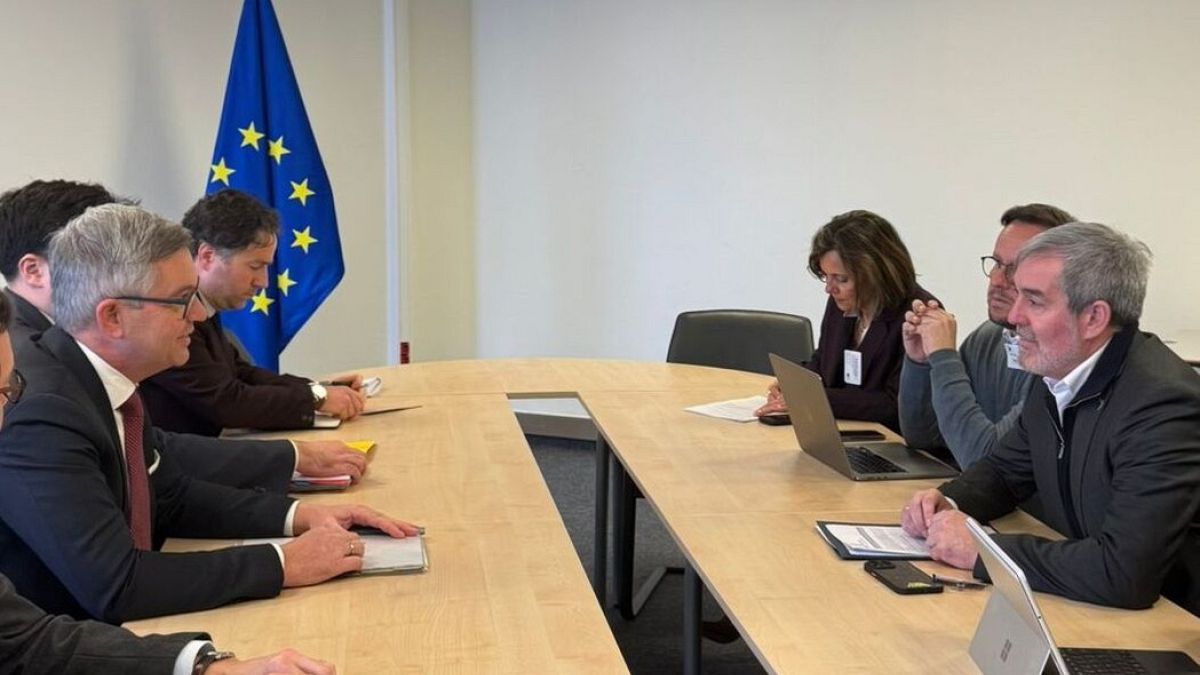Kraft has never run for any office before. But he spent 12 years running the Boys and Girls Clubs of Boston and built a significant fan base, particularly in low-income neighborhoods and communities of color. He’s an engaging presence, in rooms in which rich white men are uncommon. Add to that his family’s name recognition and money, and you have the beginnings of a credible insurgent campaign.
Supposedly, Kraft has identified the cracks in Wu’s armor. People grumble constantly about bike lanes, which have exacerbated longstanding traffic problems. Neighbors are skeptical about the initiative to rebuild White Stadium in Franklin Park to house a professional women’s soccer stadium. Residential property taxes are going up significantly, though blaming that on Wu is questionable.
It’s worth noting that many of Wu’s most vocal critics have been businesspeople who don’t live in the city. They have fought mightily to block the property tax relief Wu is still seeking at the State House. (A cynic might wonder if they were currying favor with her future opponent.) They also drove the long-running battle over outdoor dining in the North End, which restaurant owners loved and residents — you know, actual voters — despised.
There will be an entire campaign to find out what Kraft stands for, which is a mystery now. But despite the obvious assets Kraft begins with, the challenge before him should not be underestimated.
Just four years ago, Wu crushed Annissa Essaibi George in winning the office. Though some observers thought the race would be competitive — I certainly didn’t — Wu trounced her across the city, finishing with 64 percent of the vote in one of the most lopsided races in Boston history.
In fact, Wu has been consistently underestimated as a candidate since her first race for City Council in 2013. Across four council races and a mayor’s race, she has never failed to perform impressively.
Still, the perception of her vulnerability never goes away. Could this have anything to do with being a (relatively) young woman of color? Every election, I’m told about all the white voters who are going to abandon her in favor of her opponent.
They never have. People who actually vote have always supported her, dire predictions notwithstanding.
I’m glad Kraft is running. Voters absolutely deserve a choice, and it should not come, as it usually does, in the form of an underfinanced candidate who can’t put together a real campaign. Serious challenges to sitting Boston mayors are rare. This race might be different.
But the timing of Kraft’s insurgency feels odd. Just this week, our politics have been completely transformed by the inauguration of Donald Trump. He has repeatedly vowed to wage war against blue states and big cities, starting with immigration raids. Given the activities of his first day in office — when he tried to revise the 14th Amendment by executive order — there’s no reason to think his threats are idle.
Trump’s policies are going to place Democratic mayors on the front lines. How that will affect a mayoral election is anyone’s guess.
But it seems likely to me that dealing with the new administration — this new world order, really — is going to be a major issue in the minds of voters over the coming months. Wu has a long history of opposing Trump. Kraft’s father donated $1 million to his first inauguration, in 2017.
I’m just saying, bike lanes might not be top of mind for voters by November.
Political insiders love to say that elections are about contrasts. This campaign promises plenty of contrast. Do voters actually want change? And even if they do, is Josh Kraft the change they are looking for?
We’re all about to find out.
Adrian Walker is a Globe columnist. He can be reached at adrian.walker@globe.com. Follow him @Adrian_Walker.
























/cdn.vox-cdn.com/uploads/chorus_asset/file/23935558/acastro_STK103__01.jpg)
/cdn.vox-cdn.com/uploads/chorus_asset/file/25826211/lorealcellbioprint.jpg)
/cdn.vox-cdn.com/uploads/chorus_asset/file/25832751/2192581677.jpg)

/cdn.vox-cdn.com/uploads/chorus_asset/file/25835602/Switch_DonkeyKongCountryReturnsHD_scrn_19.png)

/cdn.vox-cdn.com/uploads/chorus_asset/file/24774110/STK156_Instagram_threads_1.jpg)
